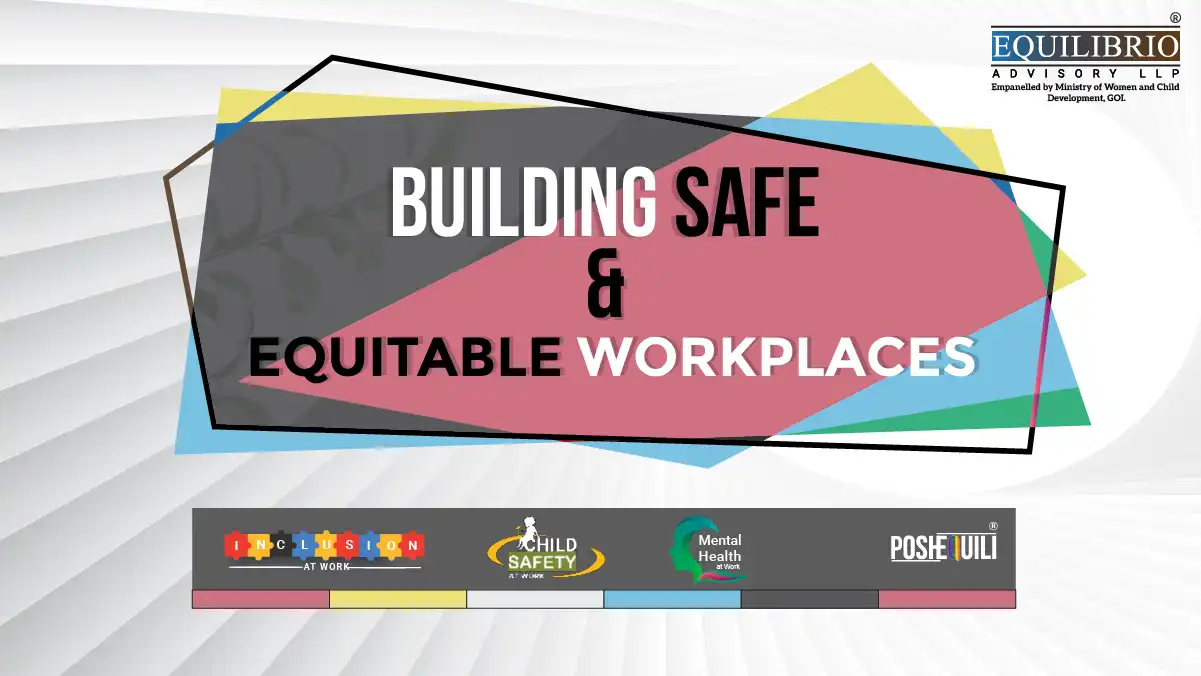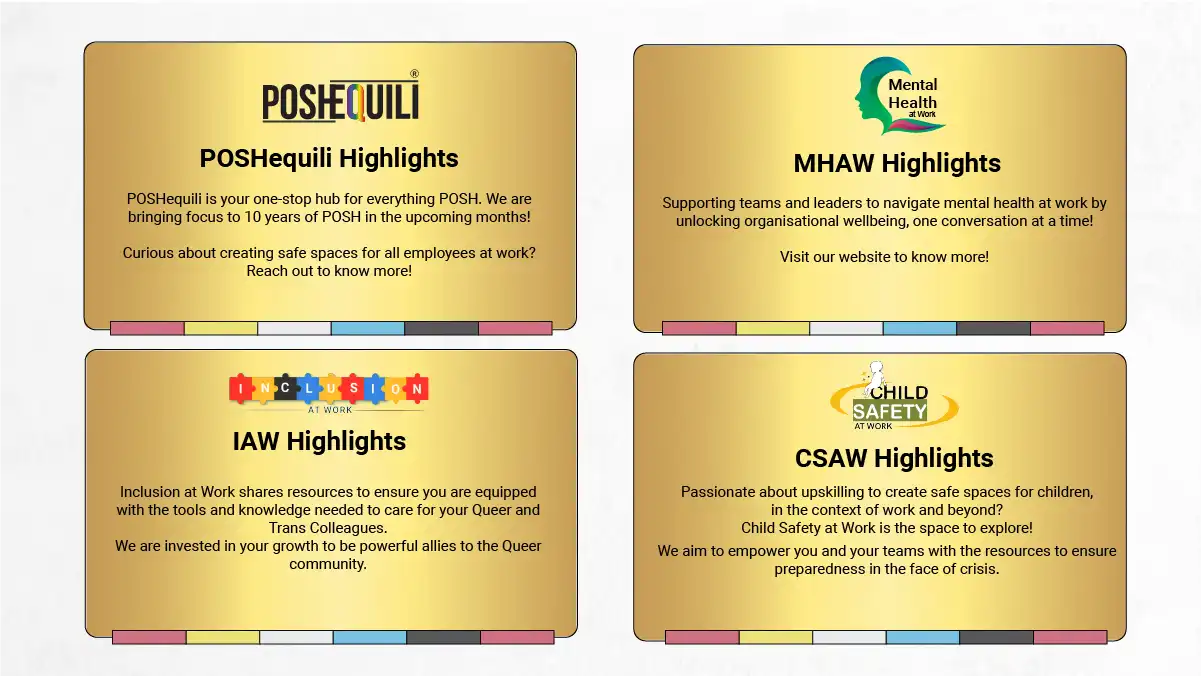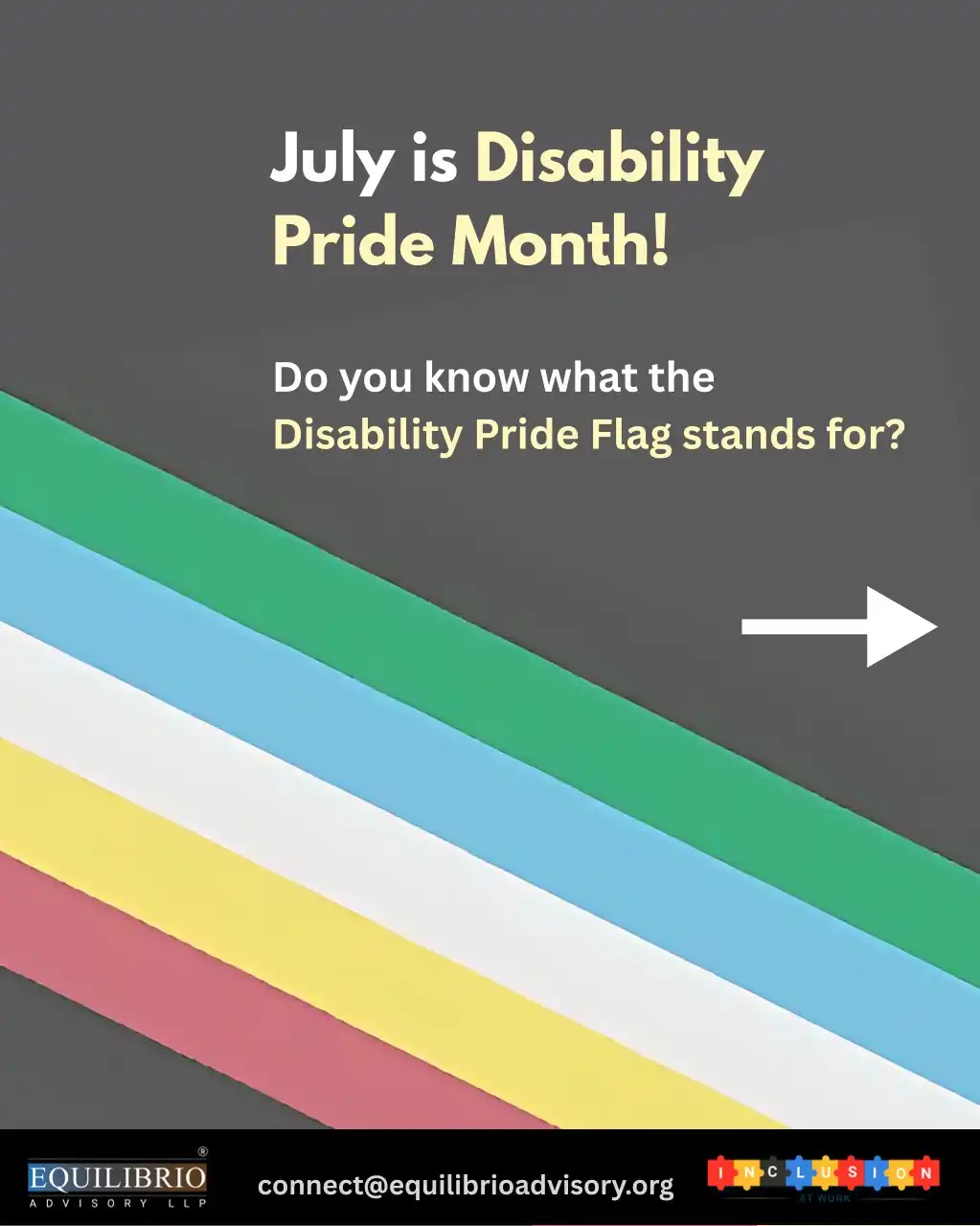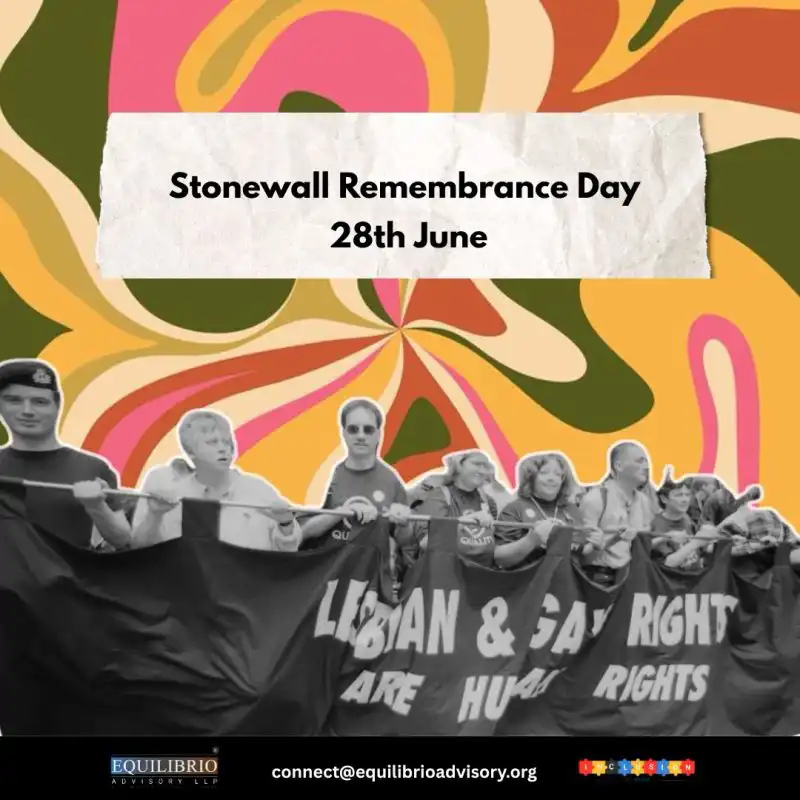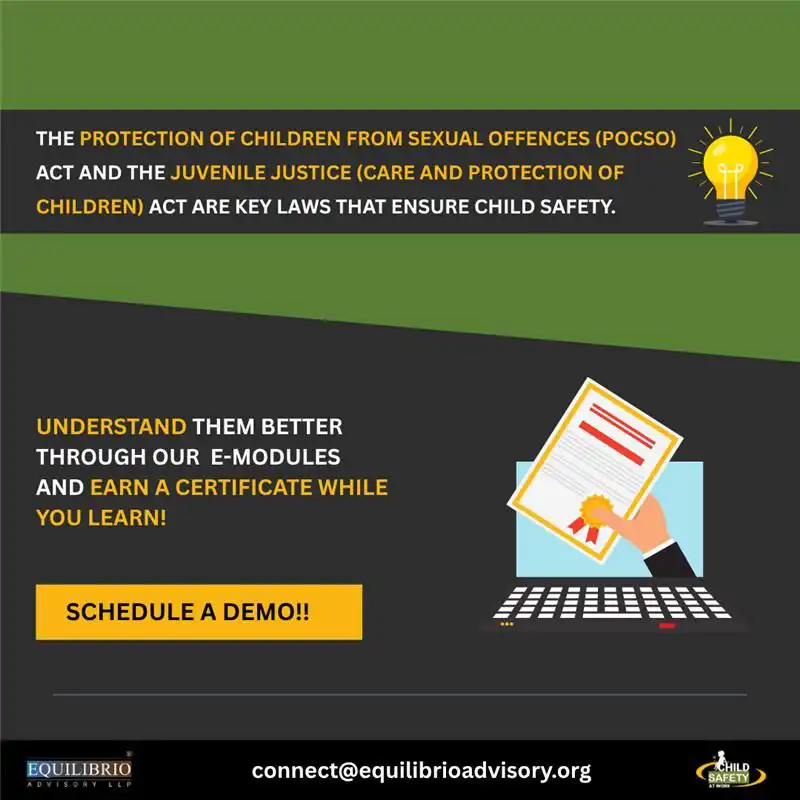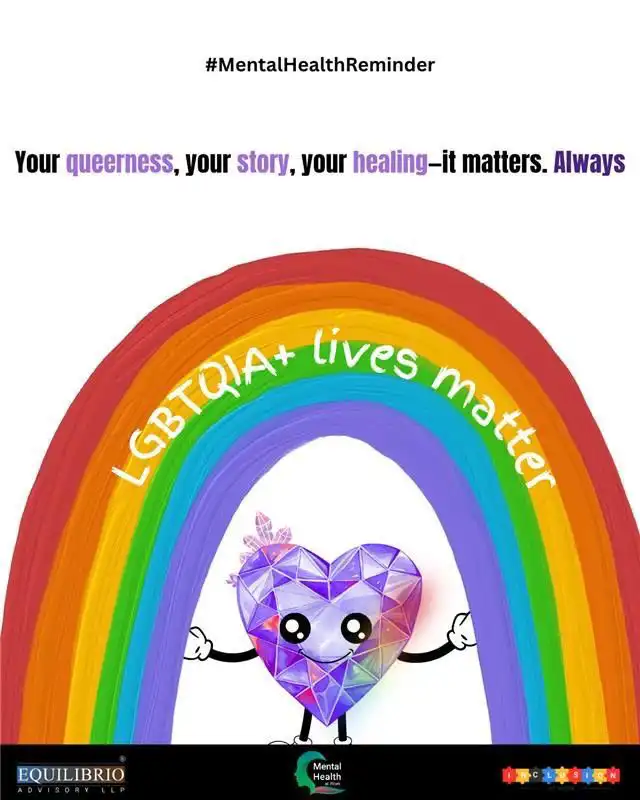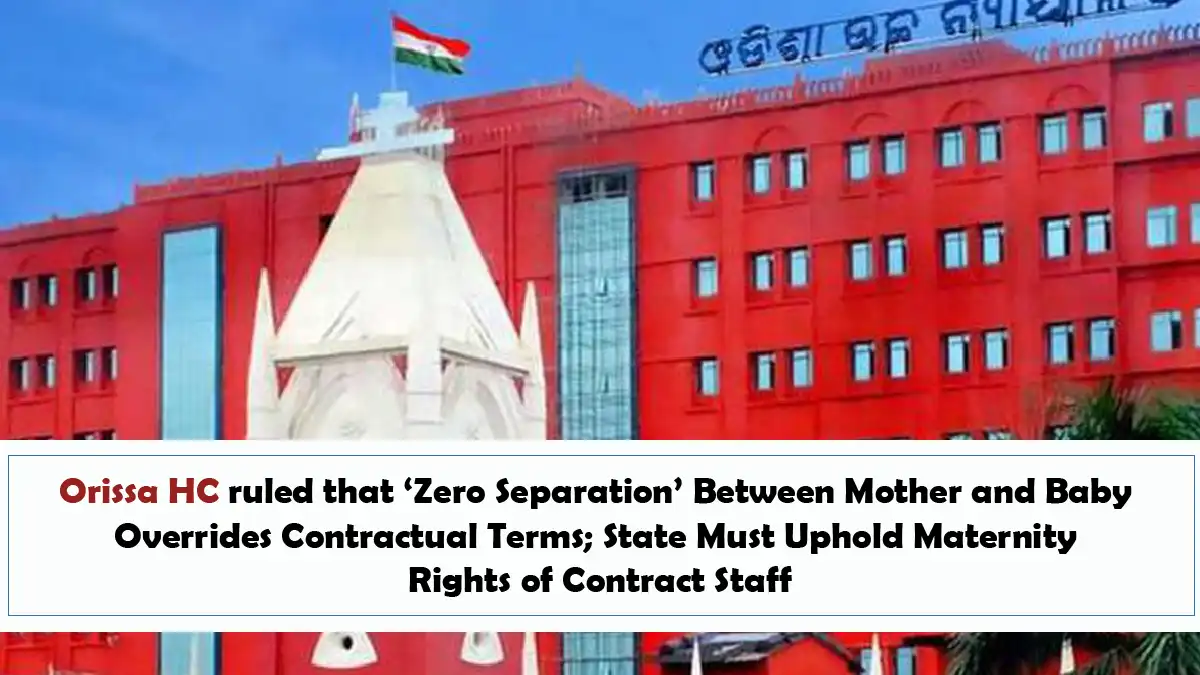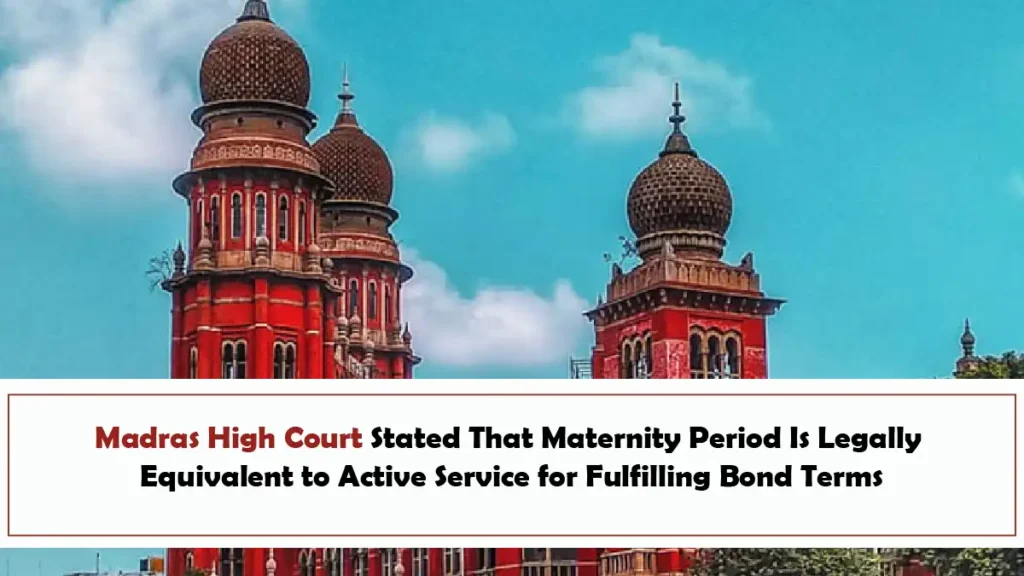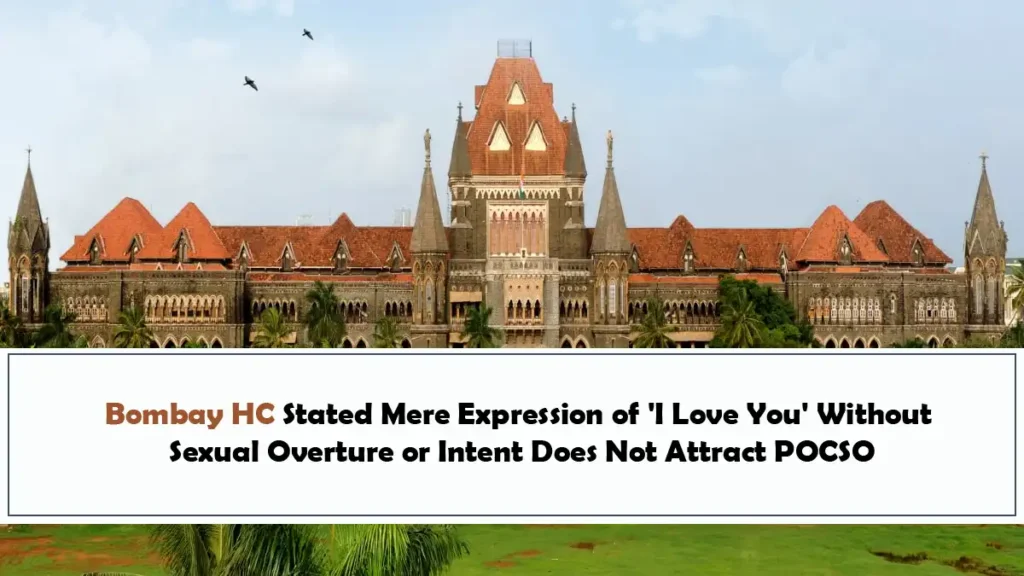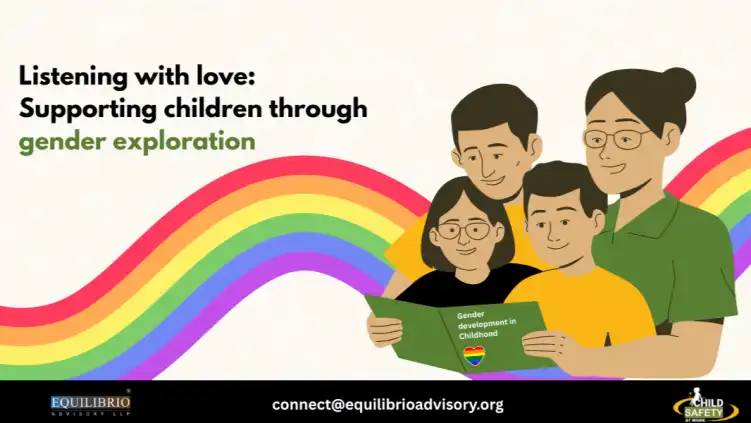The Equilibrio Gazette
A brief buletin for building safe workspaces!
4th July 2025 | Issue No. 88
In the Spotlight!
Explore ways to build your knowledge and capacity with our team of in-house experts!
Stay Current!
~ Spotlighting Landmark Judgments since passing of the Law!
I - LEGAL UPDATES
II - Exploring Intersections
Engage with us!
Here's your weekly food for thought through a Fun Fact or Quiz.
Did you know that “Access: Horror” is one of the most accessible film festivals in the world? Created by Ariel Baska, a remarkable deafblind filmmaker, this festival challenges the traditional portrayal of disability and disfigurement in horror by flipping the script on common tropes. Rather than depicting disfigured and disabled characters as monstrous, the films showcased highlight social bias and stigma surrounding disability as the true villains. This year, Access:Horror is being held in partnership with the George A. Romero Foundation in August, further amplifying its mission to promote a film festival that has been created by disabled filmmakers for the disabled community.

Have a burning question about POSH? Maybe Mental Health at Work, Child safety or DEI&B strategies? Drop us an email with your query and we would love to answer it, in all seriousness.
Curious Cat: What is survivor’s guilt?
Answer: Survivor’s guilt is a psychological condition often associated with trauma and PTSD (Post Traumatic Stress Disorder), where a person feels deep guilt for surviving a catastrophic event that others did not. It involves intrusive thoughts, self-blame, and feelings of unworthiness. Vishwaskumar Ramesh, the sole survivor of the Air India crash that killed 240 people including his brother, exemplifies this. He has been struggling with questions like “Why me?” and feeling emotionally detached from his current life. Survivor’s guilt can be addressed with trauma-informed therapy, cognitive-behavioral therapy (CBT), EMDR (Eye movement desensitization and reprocessing) therapy, grief counseling. Helping one build self-compassion to reframe guilt and support post-traumatic growth and emotional recovery is equally important.
Here’s all the tools you need to build safe and equitable workspaces!
Drop us a Hey, to get started!



